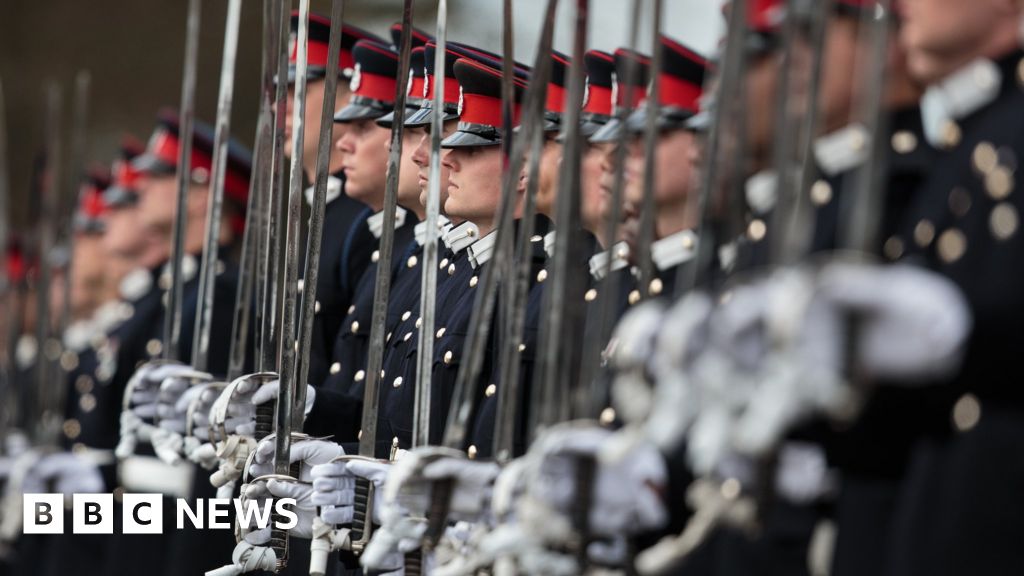TacticalTea
Army.ca Veteran
- Reaction score
- 1,483
- Points
- 1,160
Indeed, that is the issue I foresee with that system as well.I've weighed in before on the Sandhurst model, having passed out as a 'Non-Graduate'.
It works very well except that, should you wish to pursue a degree subsequently, you will likely not be successful in having the military support you through this endeavour. What this results in is a two tiered system where the graduates tend to do better career - wise because: education box ticked. Non-graduates can therefore find themselves somewhat ghettoized into non-command type staff and training roles after approximately the rank of Major. I should emphasize that the majority of graduates enter RMAS having paid for their degree out of their own pockets. Very few are sponsored for 'In Service' degrees at civilian universities.
Interestingly, I recently attended a 40th reunion of my RMAS intake (oh gawd, has it really been that long?) and very few of those I passed out with seem to have progressed beyond the rank of Colonel. On the other hand several Officers I know, who were graduates, retired as one, two, three, and even one four, star.
The lack of degree acheivement opportunities also has an impact on retention. For example, seeing the writing on the wall, one of the reasons that I decided to leave the British Army, after 8+ years, was to pursue a degree. I'm not up to speed on what they do these days in the UK, so this might have all changed by now.
Having said that, if the CAF adopted a Sandhurst approach I assume that it could leverage our existing ILP system to help support those who wish to progress their educational qualifications to gain a degree, in due course, during their careers.
I believe it can be worked around, if found necessary, by ensuring that officers are supported to enroll in part-time continuous education. In essence, I nod to your last paragraph.


